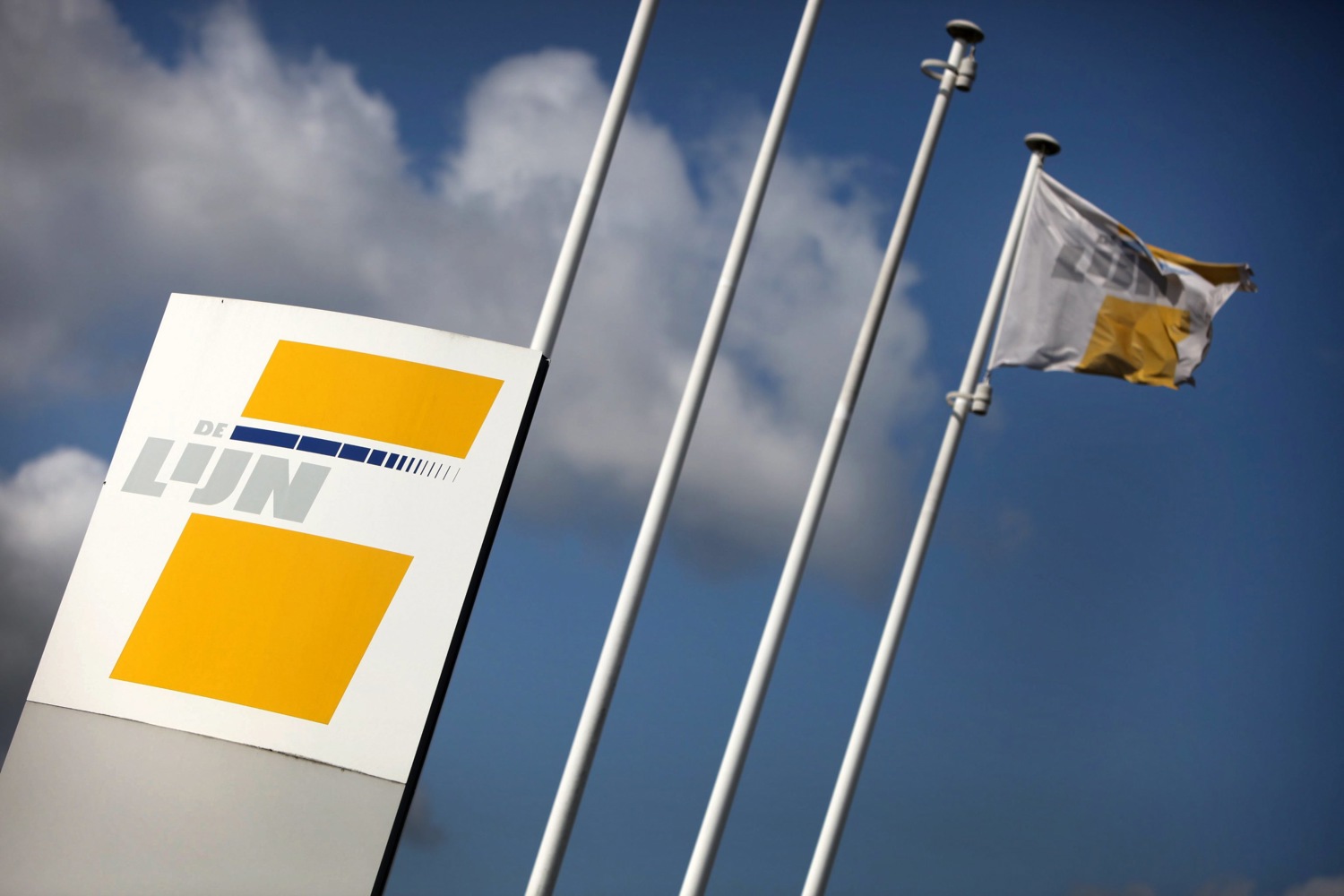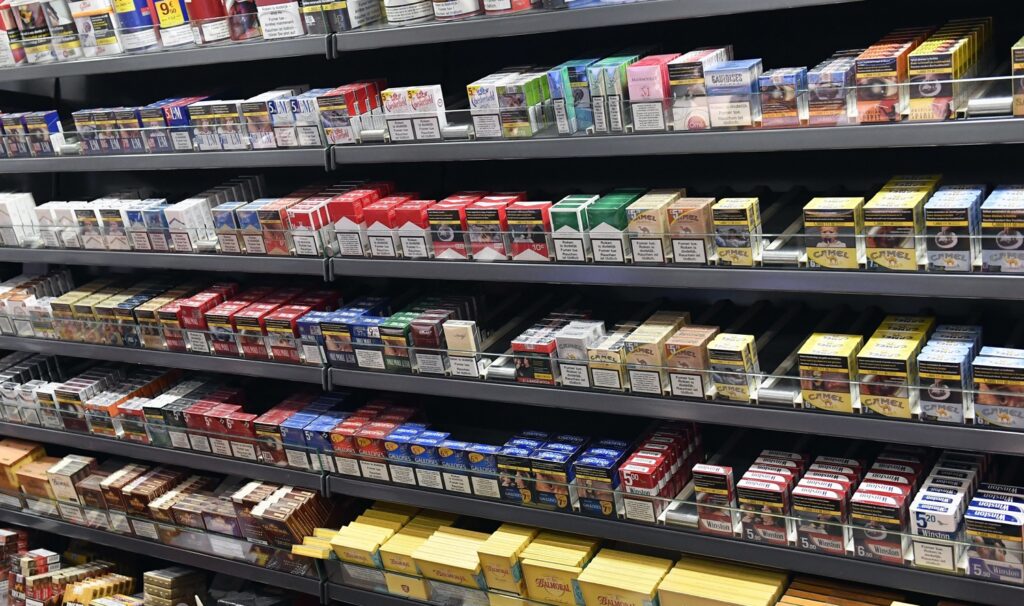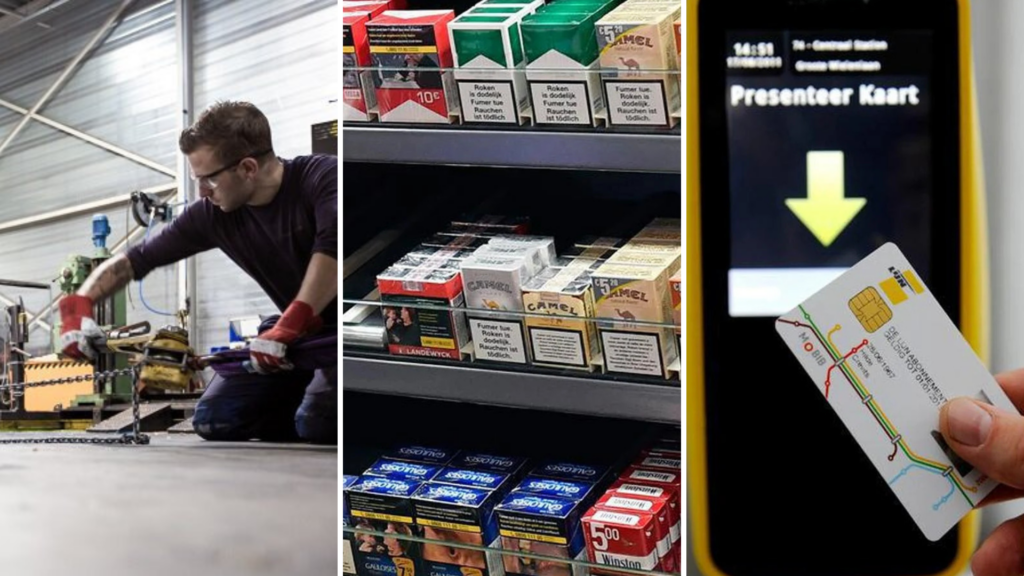Tuesday brings the start of a new month, which always brings the implementation of new rules and measures in Belgium. The most important changes and how they will impact people can be found here. (And fear not, this is not an April Fool's joke.)
Prices (and social benefits) go up
Social tariffs for electricity and natural gas (a reduced rate for people or households earning below a certain threshold) will rise again in April. However, the increase is lower than in previous quarters, according to data from the Federal Commission for Electricity and Gas Regulation (CREG).
The social tariff for electricity is up some 9% for the April-June period compared to the first months of the year. In the two previous quarters, the rate still rose by more than 10%. However, the social rate is still lower than at the beginning of 2024. For natural gas and heat, the tariff increased by 5% (compared to 15% in the previous quarter).
The amount is set quarterly by the CREG and is the same for all energy suppliers.

De Lijn flags and the logo at the bus depot in Beringen. Credit: Belga / Yorick Jansens
Meanwhile, Flemish public transport operator De Lijn is raising fares for the first time in three years. Fares are going up by an average of 18%, "in line with the increase in longevity since the previous adjustment."
The price of a standard ticket will go from €2.50 to €3. A 10-ride ticket will now go from €17 to €21, and a 50-ride ticket will cost €90 instead of €75. A day ticket will go from €7.50 to €9, and a day ticket for a child from €4 to €4.5.
Most season tickets will also become more expensive. An Omnipas annual ticket (24 to 64 years) goes from €351 to €416, while for over-65s the price goes from €56 to €67. Only the rate for an annual pass for 18- to 24-year-olds is not going up and remains at €215.
The social fare tickets will also increase, albeit to a more limited extent, as these are the only rates still to be set by the Flemish Government. A Transport Guarantee season ticket for a year will cost €54, a 'social tariff' season ticket €66.
Hidden tobacco products
From Tuesday, Belgian shops selling cigarettes and other tobacco products, such as supermarkets, newsagents, petrol stations and duty-free shops, among others, may no longer display them in the sight of customers.
Tobacco products (cigarettes, cigars, electronic cigarettes, rolling tobacco, filters, cigarette paper, etc.) may not be visible from the inside or outside of the shop. The shopkeeper can store them in cupboards or drawers, for example, which are "neutral and sober." A product may only be displayed if a customer specifically requests it.

Cigarettes and tobacco in a newspaper shop in Brussels. Credit: Belga/Eric Lalmand
In food shops larger than 400 m², tobacco products may no longer be sold at all. This would apply to approximately one in ten of all points of sale. "The new measures must reduce the visibility of tobacco products in society. It raises the threshold for impulse purchases and for starting to smoke."
The new barriers are particularly important for young people, who are susceptible to nicotine addiction, the authorities said. Inspectors will initially focus on informing and raising awareness.
Fines may follow at a later stage. These can amount to €800,000 for shopkeepers who do not comply with the display ban and to €24,000 for violations of the sales ban in large food stores.
Back to Work fund
The 'Back to Work' fund (Fonds Retour Au Travail – ReAT) is expanding its operations, meaning that employees and job seekers who have been unfit for work for more than a year can again turn to the fund for financial assistance, such as career guidance and personalised coaching.
The fund was launched in April 2024. In the first year, it only intervened for people who were dismissed due to medical force majeure and were unfit for work. In the event of such a dismissal, the employer must deposit €1,800 into the fund; the dismissed employees can in turn apply to the fund for a voucher with which they can purchase up to €1,800 of customised guidance.
The operation is now being expanded to include anyone who has been recognised as unfit for work for more than a year as an employee or job seeker. The Back to Work Fund is managed by the National Institute for Health and Disability Insurance (RIZIV/INAMI).

Construction worker in Brussels. Credit: Belga/Bernal Revert
Bus companies can train more bus drivers
In a bid to tackle the bus driver shortage, Flemish bus companies can now train more new drivers on the work floor. Until now, a supervisor could only train one candidate bus driver, but they will be able to take several under their wing from now on.
The measure is an initiative of Flemish Minister of Employment Zuhal Demir (N-VA) and Minister of Mobility Annick De Ridder (N-VA). "This ensures a faster and better inflow of bus drivers. Important for employers and candidate bus drivers, but also for the many travellers who count on their public transport every day."

